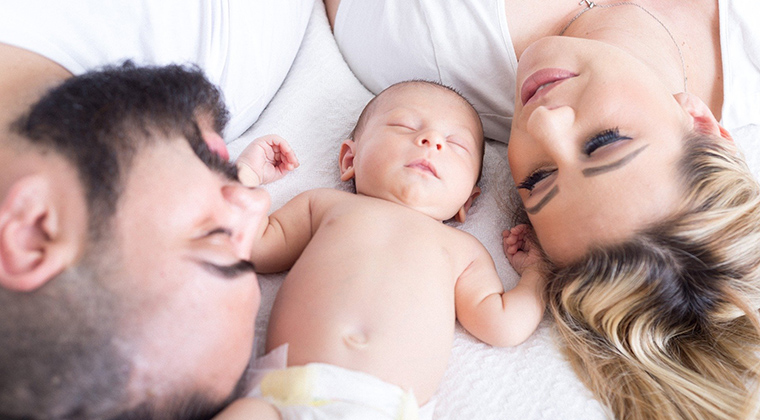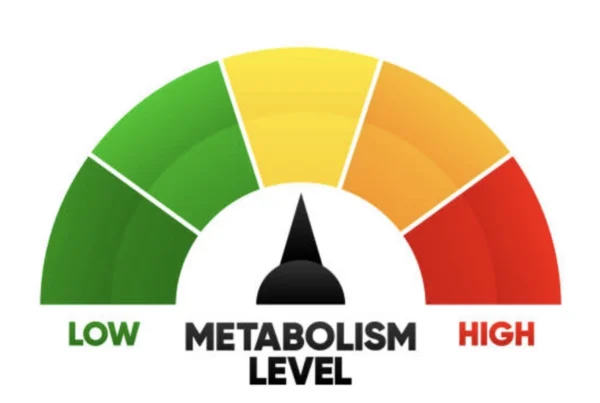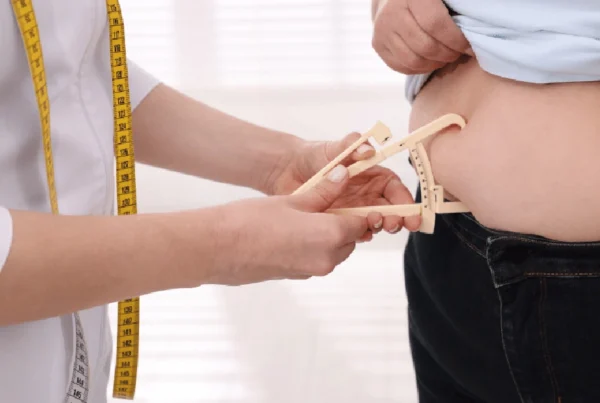Having a baby can really take a toll on your sleep. From feeding and changing nappies, to listening out for crying and trying to settle them back off to sleep, it can seem almost impossible to get the rest you need.
This sleep deprivation builds up and can leave you feeling exhausted and unhappy. So to help you out, mother and Qualified Sleep Coach, Nicky Blakeman from Yumi Nutrition gives her top tips for coping with sleep deprivation as a new parent.
1.Set your expectations of what you can achieve
As a new parent, it can be really difficult to prioritise your own sleep. Being woken up throughout the night can leave you sleep deprived and in desperate need of rest. But even in those moments where your baby is asleep during the day, it often feels like you have 100 other things to do. Try to lower your expectation of what you can achieve in those first few months and understand that you can’t be as organised and efficient as you used to be. When your baby is asleep, prioritise getting some rest for yourself and then with any time you have left you can clean, prepare meals etc. rather than the other way around.
2.Recognise the effects of sleep deprivation
Sleep deprivation can cause you to overthink and disrupt your decision making. It’s important to take a step back and not to act on anything until you have had a proper sleep. This is easier said than done, but if you feel like you’re a bad parent, for example, or your partner is really annoying you, it is more than likely the sleep deprivation talking. Don’t rush into any life-changing decisions in the first few weeks and be prepared to regularly apologise to loved ones. It is however important to consider that these symptoms can also be associated with postnatal depression so seek help if you are really struggling.
3.Don’t suffer alone
If you’re listening out for crying and expecting to be woken up, you will struggle to get any proper sleep. So, if you have a partner, take it in turns to be responsible for the baby at night. One technique I found useful was swapping sides in bed depending on who is listening out for the baby that night. This helps you to switch off and prepares you for sleep. Your partner can pass the baby to you to breastfeed if necessary but they can take care of everything else such as changing the nappy and settling them back off to sleep when it’s their night. Don’t be afraid to ask for help from other loved ones as well if you’re feeling overwhelmed with the responsibility.
4.Eat healthily, stay positive
When you’re sleep deprived, your hunger hormones are directly affected which makes you crave unhealthy food high in sugar and salt. But when you eat these kinds of foods you will feel worse and even more tired, creating a vicious cycle. Do your best to stick to a healthy diet where possible with lots of fruit and veg and make sure you stay hydrated. And finally, try your best to stay positive! After 3-6 months you will start to see light at the end of the tunnel. It may seem like a long time now but it really doesn’t last long.







